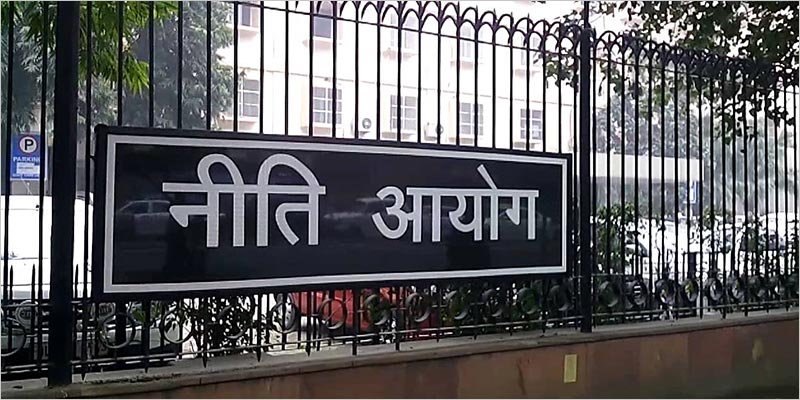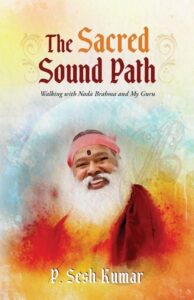Anti-GM fanatics are a curse
Ravi Shanker Kapoor | January 14, 2017 2:26 pm

The Niti Aayog has done well to advocate wider use of genetically modified (GM) seeds despite the RSS-affiliated Swadeshi Jagran Manch’s (SJM’s) stiff resistance to it. Another boost for GM seeds in particular and use of science in agriculture has come from Nobel laureate Richard Roberts who has accused green groups of scaring people against GM crops in India.
Hailing high-yielding crops, the Prime Minister-headed think-tank said in its appraisal document of 12th Five Year Plan (2012-17), “It is time for us to return to allow massive research into improving seed varieties including genetically modified one.” Further, the Aayog said, “Elsewhere in the world, most notably the United States, GMO seeds have been in use for over two decades with no adverse effect on either crops or those consuming the product of those seeds.” China too, it pointed out, has been far ahead of India in this regard. “Our own experience with BT Cotton has been a success.”
This is in sharp contrast to the SJM’s position as also that of notorious obscurantists like Vandana Shiva. Interestingly, RSS bodies have no compunctions joining hands with Left-leaning activists who are campaigning against the induction of science and technology in agriculture.
While the Niti Aayog doesn’t slam on the Luddites as they should be, Roberts has no such inhibitions. On a visit to India, the winner of the Nobel Prize in Physiology in 1993 found the BT cotton example in India as “terrific. “He also said that Prime Minister Narendra Modi was pro-GMO but other members of the government have been getting things wrong and using the issue for political reasons,” reported The Times Of India (January 12).
“Once someone gets scared, it will be very difficult to reassure him. Ideally, the green groups which started the problem by planting the fear should address the fear they instilled in people,” Roberts said. “If they can just be honest and admit that this was an issue they got wrong, I think that would be very effective.”
Unfortunately, this is not possible in India where public figures never budge from a stand they once adopt, however wrong they may prove eventually. Their egos are much more important to them than their commitment to the truth—that is, if there is any such commitment in the first place. SJM activists and other anti-liberalization fanatics, for instance, would never accept that economic reforms in the last quarter of century have made life better for the people of India, especially the poor. This is despite the fact that there is a mountain of evidence to show the good effects of liberalization. Similarly, communists in our country are loath to acknowledge that their ideology was the cause of greatest misery in the 20th century; the regimes that adopted it were responsible for the death of over 100 million people.
Evidently, the good professor isn’t aware of the pathologies of Indian public figures. “You live in a democracy and, unfortunately, some people will get things wrong and they will use the issue for political reasons. Here at least, there’s a possibility of the government taking a very positive stance.”
Well, Professor, India’s thought leaders are self-righteous and dishonest; if they find error in their theories, they don’t disregard it; they don’t check their premises or their line of argumentation. For their minds are closed to any fact that violates their ideologies which are sacred to them; the reality has to fit into these ideologies instead. If the reality doesn’t fit in, they edit it to make it compatible.
This is not unlike what happened in the wake of the Green Revolution in the 1960s and 1970s; lal salaam intellectuals screamed that there would be violence; the Green Revolution would turn red—primarily because change in rural India was not happening in accordance with the policies adopted in Stalin’s Russia and Mao’s China. Exactly the opposite of what they said actually happened: the areas where high-yielding varieties were introduced became prosperous; big as well as small farmers benefited; India became self-reliant in food-grains.
Against this backdrop, the Niti Aayog’s recommendations are indeed a bold step.































